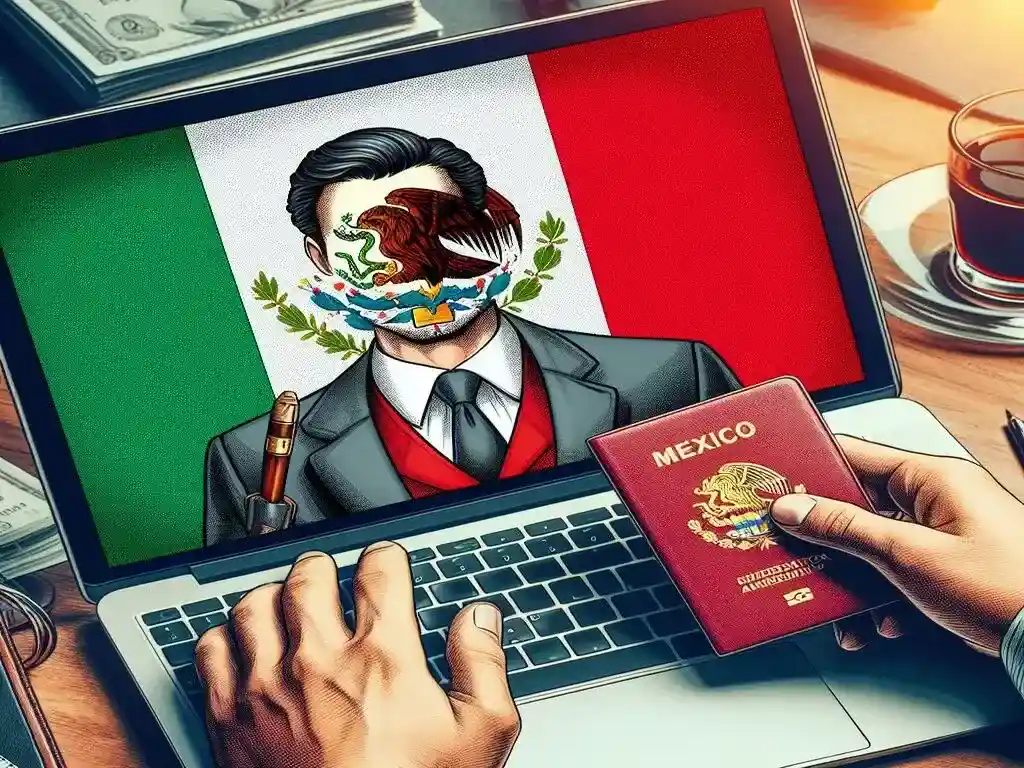A cyberattack on Mexico’s government computers has exposed the personal data of hundreds of journalists, raising serious safety concerns in a country notorious for its high rate of journalist killings.

The theft of personal data from hundreds of journalists in Mexico, including sensitive information such as addresses and copies of voter ID cards and passports, has sparked renewed safety concerns in one of the most dangerous countries for media professionals globally.
Following media reports, Mexican authorities confirmed on Monday that government computers were hacked on January 22 and pledged to conduct a thorough investigation. Officials disclosed that the personal data of at least 263 journalists, whose identities were not publicly disclosed, was illicitly accessed and made public.
According to authorities, an individual, whose identity remained undisclosed, exploited a former government employee’s account to obtain the data. The person reportedly had a Spanish IP address.
This breach raises significant risks for journalists, exposing them to potential identity theft and compromising their physical security, given that the leaked data includes home addresses. Among the affected journalists are those from prominent media outlets such as La Jornada, El Universal, Expansion, and Reuters, with La Jornada and Expansion yet to respond to requests for comments.
A spokesperson for Reuters expressed deep concern, stating, “The safety of our journalists is paramount, and we await the results of the investigation by Mexico’s transparency institute, which we hope will be prompt and thorough.” The institute operates as an autonomous government agency.
The affected reporters had provided their personal data in response to a request from Mexico’s presidential office, part of the vetting process for journalists participating in President Andres Manuel Lopez Obrador’s daily morning press conference.
President Lopez Obrador attributed the unauthorized disclosure to a hack and suggested that his political opponents might be behind it, asserting, “in an attempt to sow the idea that we pursue and censor, that we’re dictators,” without providing evidence.
Alberto Morales Mendoza, a reporter at El Universal whose data was compromised, voiced concern about the widespread exposure of his address, fearing the risk of financial crimes. Another Mexican journalist, who has previously faced death threats, expressed heightened anxiety, stating, “I obviously feel like the risks I face have grown.”
Mexico, renowned for its dangerous environment for journalists investigating organized crime and corruption, has witnessed 163 journalist murders since 2000, according to the international free-speech organization Article 19.
Images of passports, Mexican government-issued identity cards, and work visas, containing potentially sensitive data, began circulating online and in local media reports following the data leak. Authorities informed journalists of the “possible violation” on Monday after some discovered images of their personal documents in news reports.
The government’s digital strategy coordinator clarified that computer systems did not trigger an alert about the hack as the data was accessed using a password.







